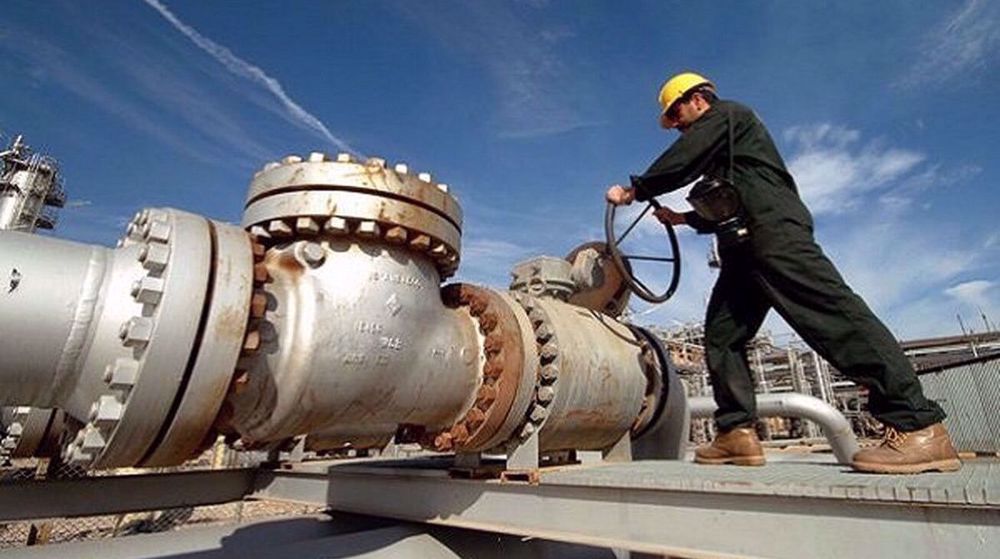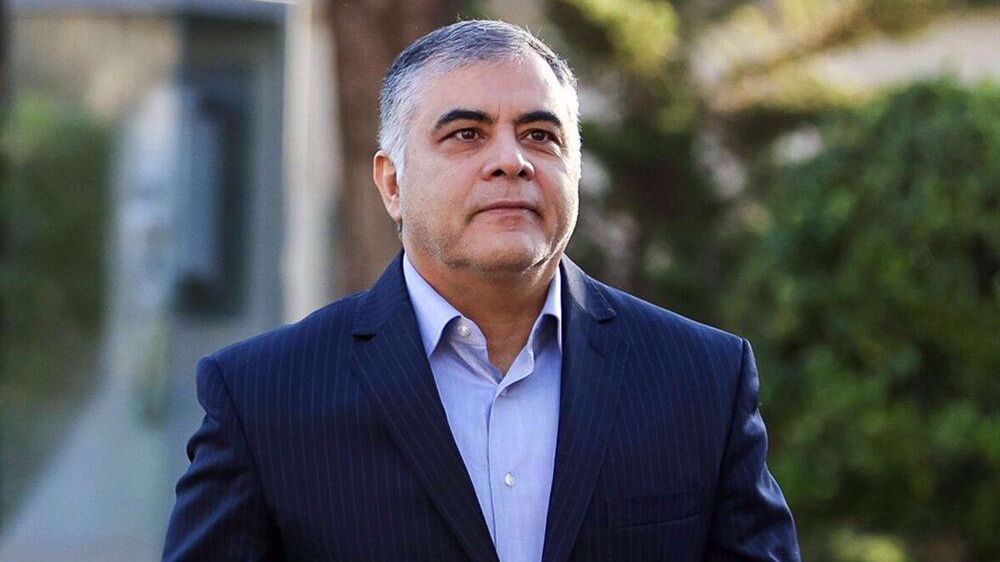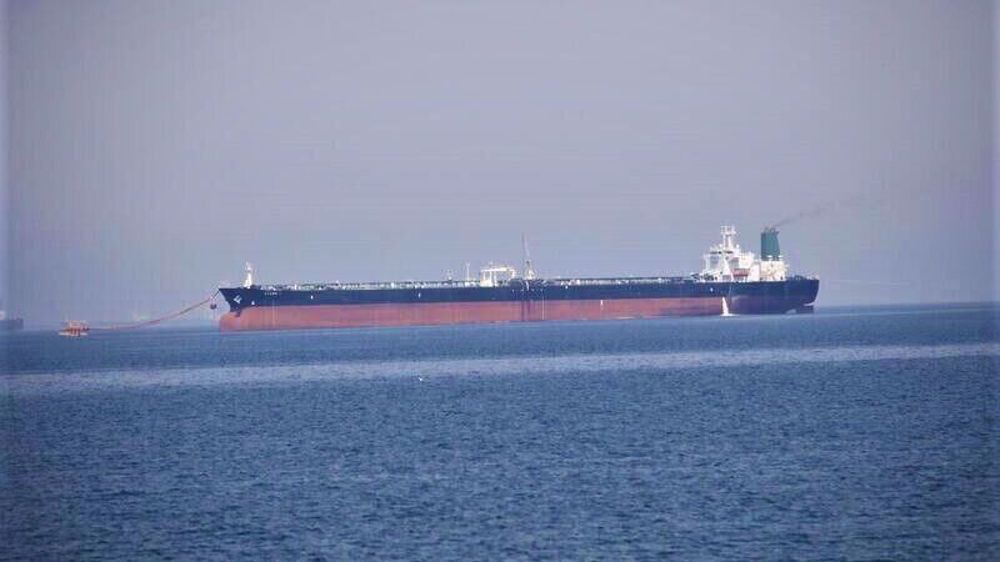India seeks long-term Iran oil deals
India’s biggest oil refiner says it is looking to ramp up oil imports from Iran after resuming purchases from the country only last month.
Private refiner Reliance Industries imported about 90,600 barrels per day (bpd), its first shipments in about six years, from Iran in March.
The company is currently engaged in talks for bigger supplies with the prospect of concluding a long-term supply contract, Reliance's joint chief financial officer V Srikanth said on Friday.
"We have had engagements with Iran before the sanctions and they have grades of crude that are attractive to us from where we are," he was quoted as saying.
Last month, Reliance reportedly imported Forozan grade and South Pars condensate from Iran.
Indian refiners are keen to rebuild ties to benefit from shorter shipping distances after the lifting of sanctions on Iran.
India’s crude oil imports from Iran last month jumped by about 135 percent from February to top 500,000 bpd, reaching the highest level in at least five years.
Essar Oil was the biggest importer of Iranian crude in March with about 207,400 bpd oil, followed by about 130,000 bpd by Mangalore Refinery and Petrochemicals Ltd. Indian Oil Corp shipped in about 67,000 bpd from Tehran.
India is currently Iran's second largest oil importer after China and the higher imports signal Tehran's success in its bid to regain market share after the lifting of sanctions earlier this year.
On Saturday, Minister of Petroleum Bijan Zangeneh said Iran is close to the pre-sanction export levels.
“Iran’s oil production has approached very close to the level before sanctions and our oil output has increased by 1 million barrels per day after the cancellation of the sanctions,” he said in Tehran.
Energy-hungry India has also long sought to have a stake in Iran’s liquefied natural gas (LNG) projects.
India’s Petroleum Minister Dharmendra Pradhan visited Tehran earlier this week with the intention of signing a “definitive agreement” on a major gas field in the Persian Gulf.
A joint statement released after Pradhan’s meeting with Zangeneh said the two sides would seal development of Farzad B by a consortium led by ONGC Videsh latest by October 2016.
The Farzad B field, estimated to have 21.68 trillion cubic feet (tcf) of gas reserves, was discovered by Indian explorers in 2012.
Last year, Iran had to put Farzad B in the list of projects for tender after the Indians dragged their feet on its development under US pressure.
India, however, began pushing rigorously for their development rights to be reinstated after a July nuclear deal with Tehran created concerns in New Delhi that European firms could clinch the contract.

Iran, Russia agree to transfer gas via Azerbaijan: Minister

Iran petroleum minister in Russia to boost economic cooperation

Iran issues jail sentences, fines for foreign crews of fuel smuggling ships
Betar US: America's new face of Zionist terrorism and the darker rebirth of Kahanism
‘More serious than before’: Iran-US talks enter critical phase amid hope and caution
Pezeshkian’s visit to Baku heralds new order in South Caucasus
VIDEO | Eight killed, six injured after car rams into crowd at Vancouver Filipino festival
Keffiyeh-wearing Jewish woman assaulted by pro-Israel mob in New York
Hamas, Islamic Jihad express full solidarity with Iran after deadly port explosion
Pezeshkian: Iran ready to share achievements with African nations
Google DeepMind workers push for unionization over company’s Israeli ties







 This makes it easy to access the Press TV website
This makes it easy to access the Press TV website